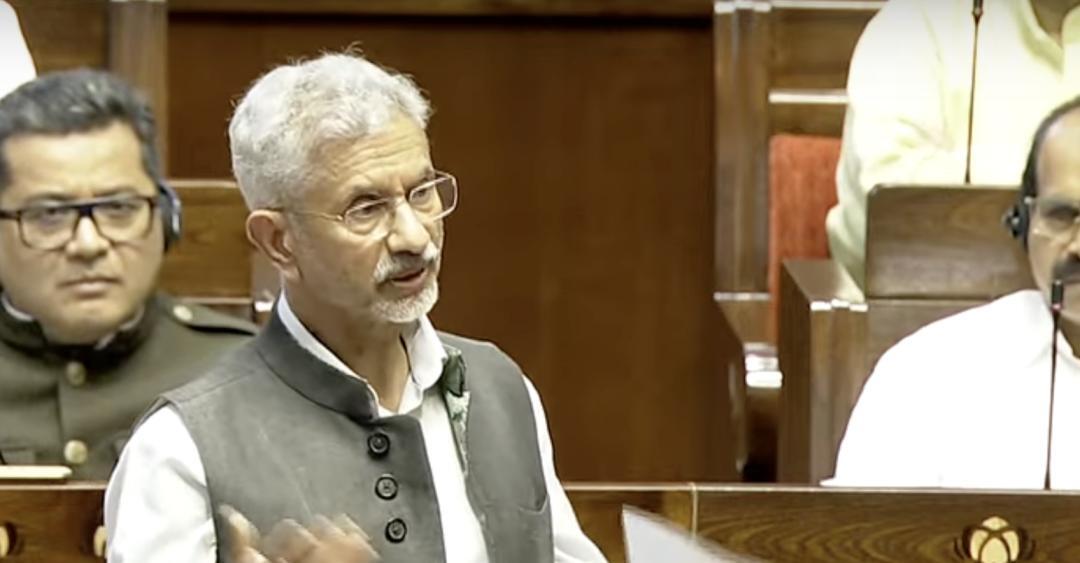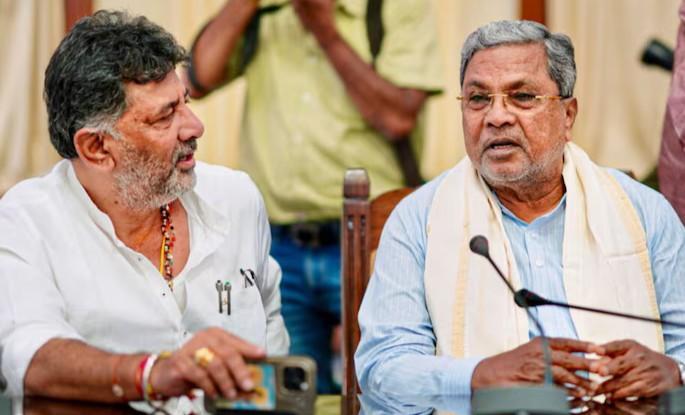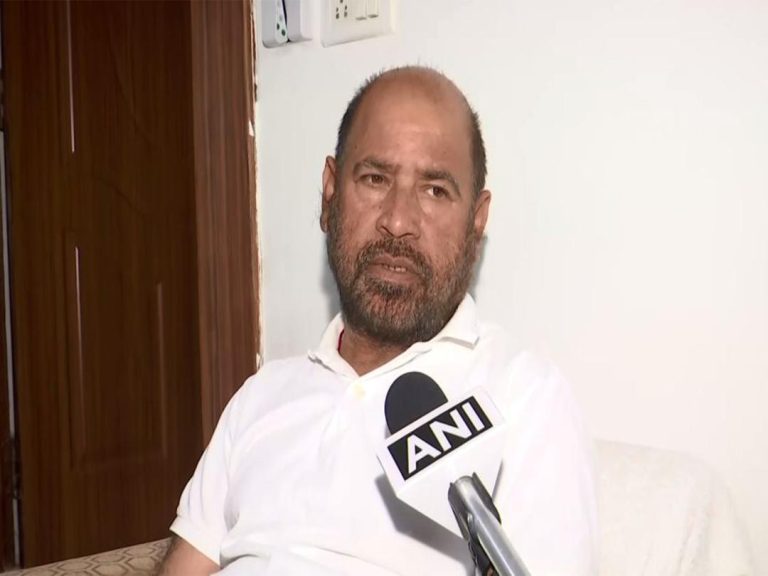
We did a global service by destroying Bahawalpur & Muridke: EAM
In a recent statement in the Rajya Sabha, India’s External Affairs Minister, S Jaishankar, sparked a heated debate when he proclaimed that India had done a “global service” by reducing two prominent Pakistani terror camps, Bahawalpur and Muridke, to dust. The statement was made in reference to Operation Sindoor, a military operation carried out by the Indian Air Force on May 7, which targeted nine terror camps in Pakistan.
In his address to the Upper House, Jaishankar emphasized the significance of these two camps, stating that for decades, Bahawalpur and Muridke were considered the biggest centers of terrorism globally. He added that when India hit these camps, the whole world thanked us. This bold declaration has left many wondering whether India’s actions were indeed a global service, or just a veiled attempt to justify its military aggression.
To understand the context behind Jaishankar’s statement, it is essential to delve into the history of these terror camps. Bahawalpur and Muridke were infamous for being training grounds for some of the most notorious terrorist organizations in the world, including the Lashkar-e-Taiba (LeT) and Jaish-e-Mohammed (JeM). These organizations have been responsible for perpetrating some of the most heinous acts of terrorism, including the 2008 Mumbai attacks and the 2019 Pulwama attack.
The destruction of these camps was a significant blow to these terrorist organizations, as they had been using them as safe havens to plan and launch attacks against India. The operation was seen as a major victory for the Indian government, which had been under pressure to respond to the growing threat of terrorism emanating from Pakistan.
However, Jaishankar’s statement has also been met with criticism from many quarters. Some have argued that destroying the camps, while a necessary step, does not necessarily constitute a “global service.” Others have questioned the timing of the operation, as it was carried out just days after the Modi government came under fire for its handling of the COVID-19 pandemic.
Moreover, there are concerns that the operation may have had unintended consequences, such as escalating tensions between India and Pakistan and disrupting the fragile peace process in the region. The Pakistani government has denied any involvement in terrorism and has accused India of launching a “bloody aggression” against its soil.
Despite these criticisms, Jaishankar’s statement has also been met with widespread support from many Indians, who see it as a necessary step to protect the country’s sovereignty and security. Many have praised the Indian military for its bravery and precision in carrying out the operation, which was carried out with minimal casualties.
So, did India really do a “global service” by destroying Bahawalpur and Muridke? The answer to this question is complex and multifaceted. On one hand, the destruction of these camps was a significant blow to terrorist organizations and a necessary step to protect India’s security. On the other hand, the operation may have had unintended consequences and sparked tensions in the region.
Ultimately, Jaishankar’s statement is a reflection of the complex and often fraught relationship between India and Pakistan. While the two countries have made significant progress in recent years, there is still much work to be done to address the deep-seated issues that drive their rivalry.
As the world continues to grapple with the threat of terrorism, India’s actions in destroying Bahawalpur and Muridke serve as a reminder of the importance of taking bold action to protect national security. Whether or not Jaishankar’s statement was an exaggeration, one thing is certain: the destruction of these camps was a significant step towards a safer and more secure world.
Source:






